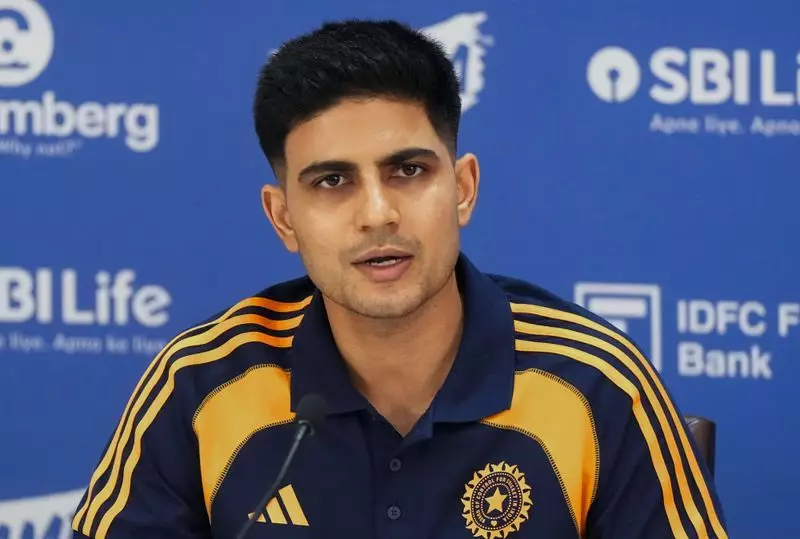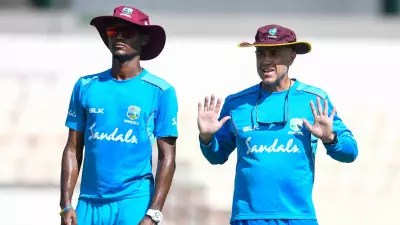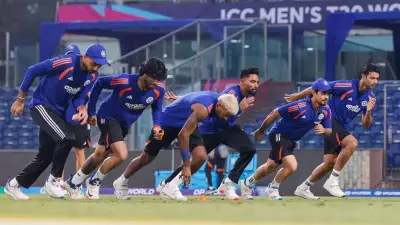
Indian cricket star Shubman Gill has opened up about the strategic dilemmas facing team management ahead of the T20 World Cup 2024, highlighting the crucial role spinners play in deciding matches in West Indies conditions.
The Selection Conundrum: Extra Seamer or Spinner?
Speaking candidly about team composition challenges, Gill revealed there's ongoing debate within the camp about the ideal bowling combination. "There is a conflict whether to go for an extra seamer or spinner," the talented batsman acknowledged during his interaction with media.
However, Gill was quick to emphasize where his preference lies based on current observations. "But spinners often decide the game," he stated, pointing to the significant impact slow bowlers have had in recent matches played in the Caribbean.
West Indies Conditions Favor Spin Dominance
The 24-year-old cricketer elaborated on why spin bowling becomes particularly potent in West Indies conditions. The pitches in the Caribbean, especially as tournaments progress, tend to wear down and become more conducive to turn and variation.
Gill's comments come at a crucial juncture as the Indian team management finalizes their strategy for the upcoming ICC tournament scheduled to begin on June 1. The balance between pace and spin has been a topic of intense discussion among cricket experts and selectors alike.
The young batting prodigy, who has established himself as a key player across all formats, shared these insights while preparing for the upcoming cricketing challenges. His perspective carries weight given his recent experiences in various international tournaments and his understanding of different pitch conditions globally.
Strategic Implications for World Cup Campaign
Gill's remarks suggest the Indian think tank is carefully considering the composition of their bowling attack. The preference for spinners indicates a potential shift in strategy compared to previous tournaments where pace-heavy attacks sometimes dominated selection discussions.
The acknowledgment of this "conflict" in team selection reveals the complex decision-making process that captain Rohit Sharma, coach Rahul Dravid, and selectors face. With multiple talented spinners and seamers vying for limited spots, the final squad composition will likely reflect this careful balancing act.
As the T20 World Cup approaches, Gill's comments provide valuable insight into the strategic thinking within the Indian camp. His emphasis on spinners deciding games suggests fans might see a spin-heavy approach when India plays on Caribbean soil during the tournament's crucial stages.
The cricket community will be watching closely to see how these selection theories translate into actual team combinations when the World Cup begins next month. Gill's observations add an intriguing layer to the pre-tournament analysis and speculation surrounding India's campaign for the prestigious trophy.






